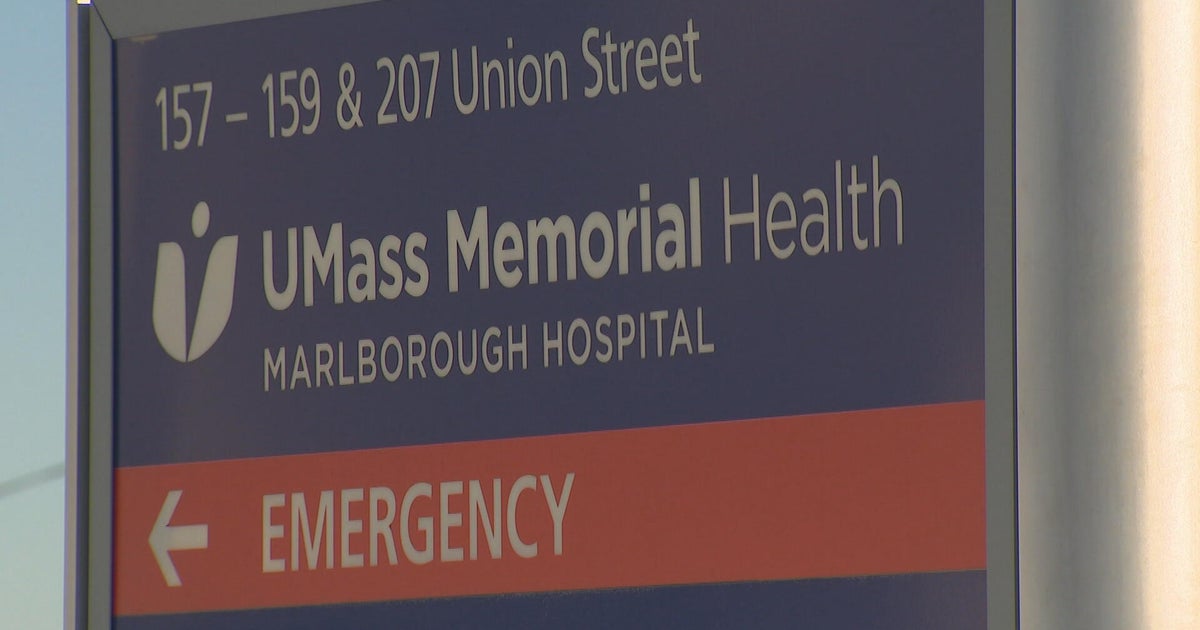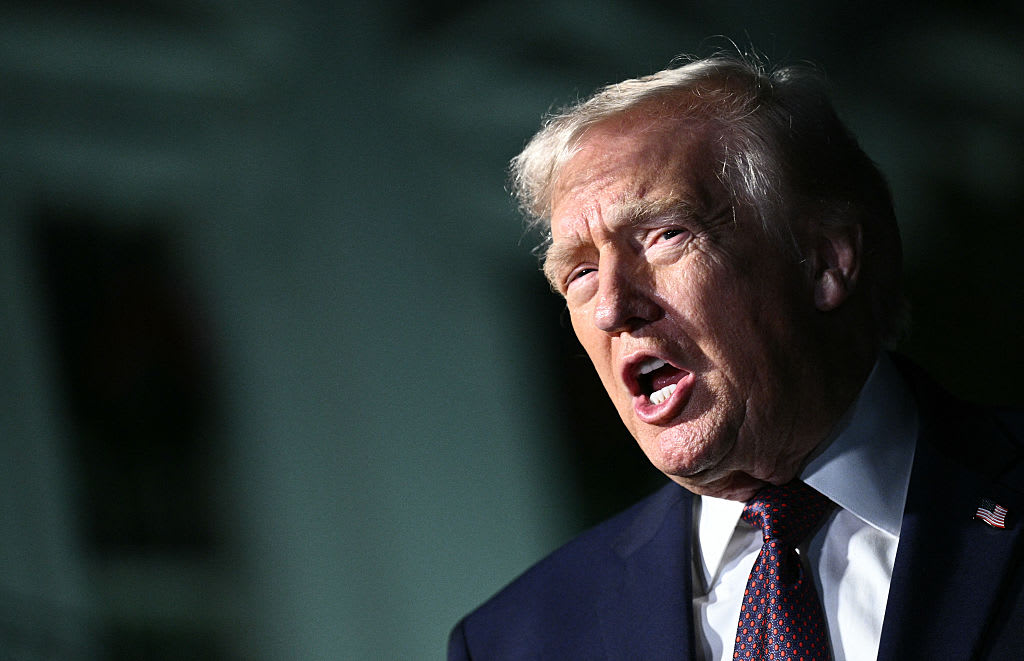The links in the PPE supply chain "have been broken" as hospitals battle coronavirus
A Department of Health and Human Services report this week echoes urgent calls from hospitals for more personal protective equipment as they treat patients with coronavirus. One administrator cited a three-to-six-month delay for essential supplies, including N95 face masks.
"We don't have enough," one doctor said. "It's one N95 for the entire shift."
"One night recently there was only one gown on the floor," said Shelly Hughes, another health care worker.
But how did we get to a point where health care workers have to fight for PPE so they can fight the virus without getting infected themselves?
"We are all shopping China to try to get these materials and we're all competing against each other," New York Governor Andrew Cuomo said at a press conference.
A large portion of the United States' PPE supply, like masks, gloves and gowns, comes from China.
"I think about the 2 billion, let's say N95 respirators that we would use, at least half or more come from China," said Prashant Yardav, a senior fellow at the Center for Global Development and an expert on supply chain management.
That's 2 billion each year, Yardav said.
As coronavirus cases rose in China earlier this year, PPE production took a hit even as demand for it spiked, Yardav said. Large supply distributors told U.S. hospitals it could be months before their orders were met.
"The links in the supply chain have been broken," Yardav said. "Federal stockpile, almost depleted. State-level stockpiles hold limited supplies."
And distributors are "not being able to deliver N95s in any significant quantity for three to six weeks," he said.
States and the federal government stepped in to help find and buy PPE, but that's led to bidding wars.
"It's like being on eBay with 50 other states," Cuomo said.
Minnesota Governor Tim Walz echoed Cuomo's statement. "States are competing against states right now that's no secret," he said.
President Donald Trump has insisted he is sending states what they need.
"Since last Sunday cargo planes have delivered almost — listen to this — 300 million gloves, almost 8 million masks, and 3 million gowns," he said on April 5.
A Department of Homeland Security official told CBS News the Strategic National Stockpile of protective gear is almost depleted. Last week, Mr. Trump invoked the Defense Production Act, ordering private companies to help manufacture ventilators and N95 face masks, but it still could be weeks before hospitals get the PPE, and donations aren't always enough.
Experts have said for years if a global pandemic were to hit, the U.S. may not have enough PPE.
"The nation isn't ready to provide medical care in large catastrophes or big epidemics of contagious disease," Dr. Tom Inglesby, director of the Center for Health Security of the Johns Hopkins Bloomberg School of Public Health, said at a congressional hearing in January 2018.
Beth Cameron, who ran the White House pandemic response office under the Obama and Trump administrations, said public health is about over planning. The office was dissolved by the White House in 2018, and she believes that move left the country less prepared.
"I'm really worried about the competition between states. It's the thing that keeps me up at night right now. I think that, in the absence of a unified federal plan, states don't have any choice but to be prepared for their constituents," she said.
Asked what entity is best prepared to do that kind of "unified" plan, she said. "I'd like to see a logistics czar at this point, to be honest with you, in my opinion, and I think that logistics czar could come from the military or it could be a former military commander."
"We're going to need a plan for moving and sharing medical equipment across the United States, and I hope that we don't need to use that plan, but I think if we have that plan, we're not going to regret it," Cameron said.
For those on the front lines, it's a matter of life or death.
"We can't do our jobs effectively if we aren't safe. We're not safe and therefore you're not safe," said Jeremy Faust, an ER doctor. "If you don't have health care workers, you cannot save lives."



